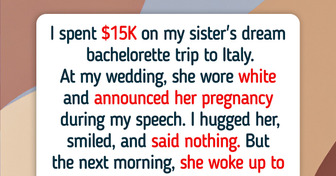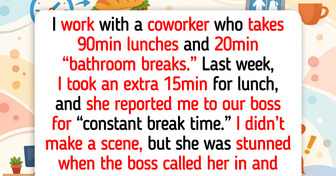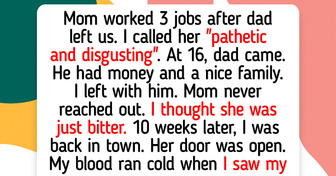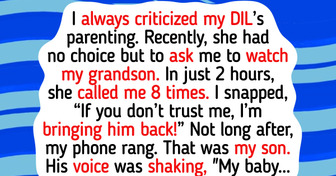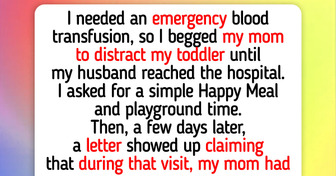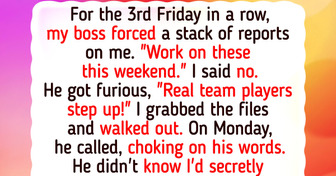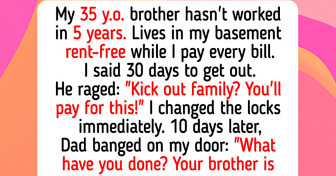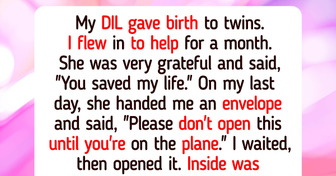I Refuse to Let My Stepson Eat My Cooking — I’m Not His Private Chef
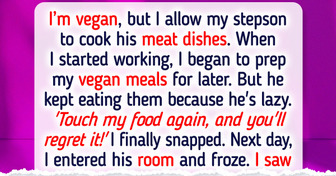
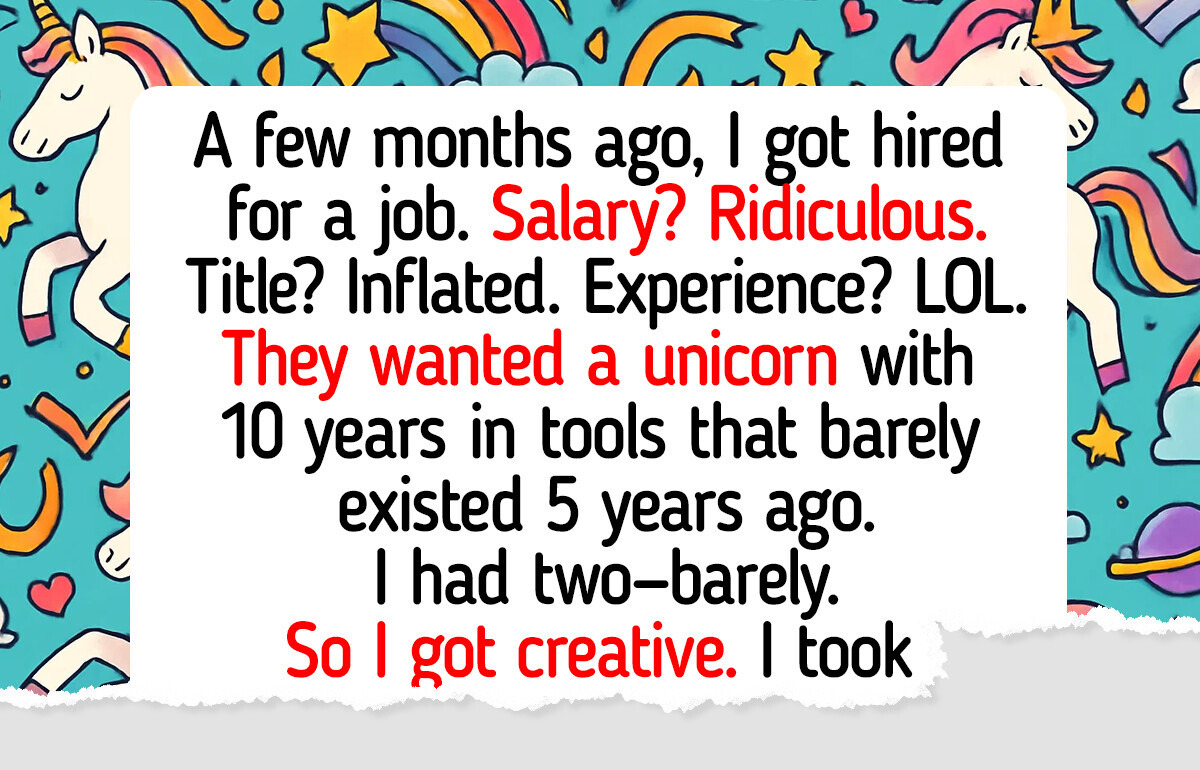
Ever feel like the job application process is a game designed for you to lose? We recently heard from a reader who decided to stop playing by the rules. She used a secret trick to land a high-paying job she had no business getting.

Let me preface this by saying: I’m not the villain. At worst, I’m the anti-hero in a suit.
A few months ago, I landed a job I had no business getting. Salary? Ridiculous. Title? Inflated. Experience required? LOL.
The job post basically said: “We want a unicorn with 10 years of experience in tools that didn’t exist 5 years ago.”
I had... two years. Barely. So, I got creative.
I didn’t lie exactly, but I inflated things. Took freelance projects and framed them like they were bigger roles. I listed software I’d only briefly used as tools I “regularly worked with.” The truth, just... stretched.
I also used a trick I’d heard about on Reddit: I found a leaked list of interview questions someone had posted a year ago from the same company. A few of them still lined up. I rehearsed answers until I could deliver them smoothly, like I’d lived it.
I nailed the interview. Got the job. And the pay bump? Life-changing.
Then came the surprise: I was good at it.
I picked things up fast, faster than I expected. Within a couple of months, I was solving issues my more experienced coworkers either missed or overcomplicated. I was staying late, asking better questions, learning on the fly.
I know this might all catch up with me at some point. But here’s what I’ve realized:
Getting in the door was a hustle. What I’ve done since? That’s real.

Dishonesty is baked into hiring more often than we’d like to admit.
In a series of studies, 72% of candidates admitted to exaggerating, 61% omitted key facts, and 31% went as far as outright fabrication on their resumes.
And no, it’s not easy to spot. Humans are terrible lie detectors — most perform at coin-flip accuracy. That means lies slip through interviews, reference checks, and even onboarding undetected.
🎯 Why That’s a Problem
Hiring someone who lied about their qualifications can have serious consequences. They may lack the critical skills they claimed to have — which leads to poor performance, frustrated teams, and lost productivity.
Worse, when liars get the job, honest candidates often lose out. That chips away at the integrity of the hiring process and damages internal morale.
But it doesn’t stop there.
🧨 The Fallout You Don’t See on a Resume
Lying on a resume can also be a red flag for counterproductive work behaviors — things like:
Stealing
Gossiping
Bullying
Repeated absences
Disengagement or sabotage
In 2018 alone, U.S. retailers lost $46.8 billion in inventory. One-third of that came from employee theft — nearly as much as shoplifting.
All because someone “fudged” a few things on paper and got through.
Even when small inaccuracies slip through in the hiring process, organizations have an opportunity to build stronger systems, foster transparency, and support growth—for both employers and employees.

